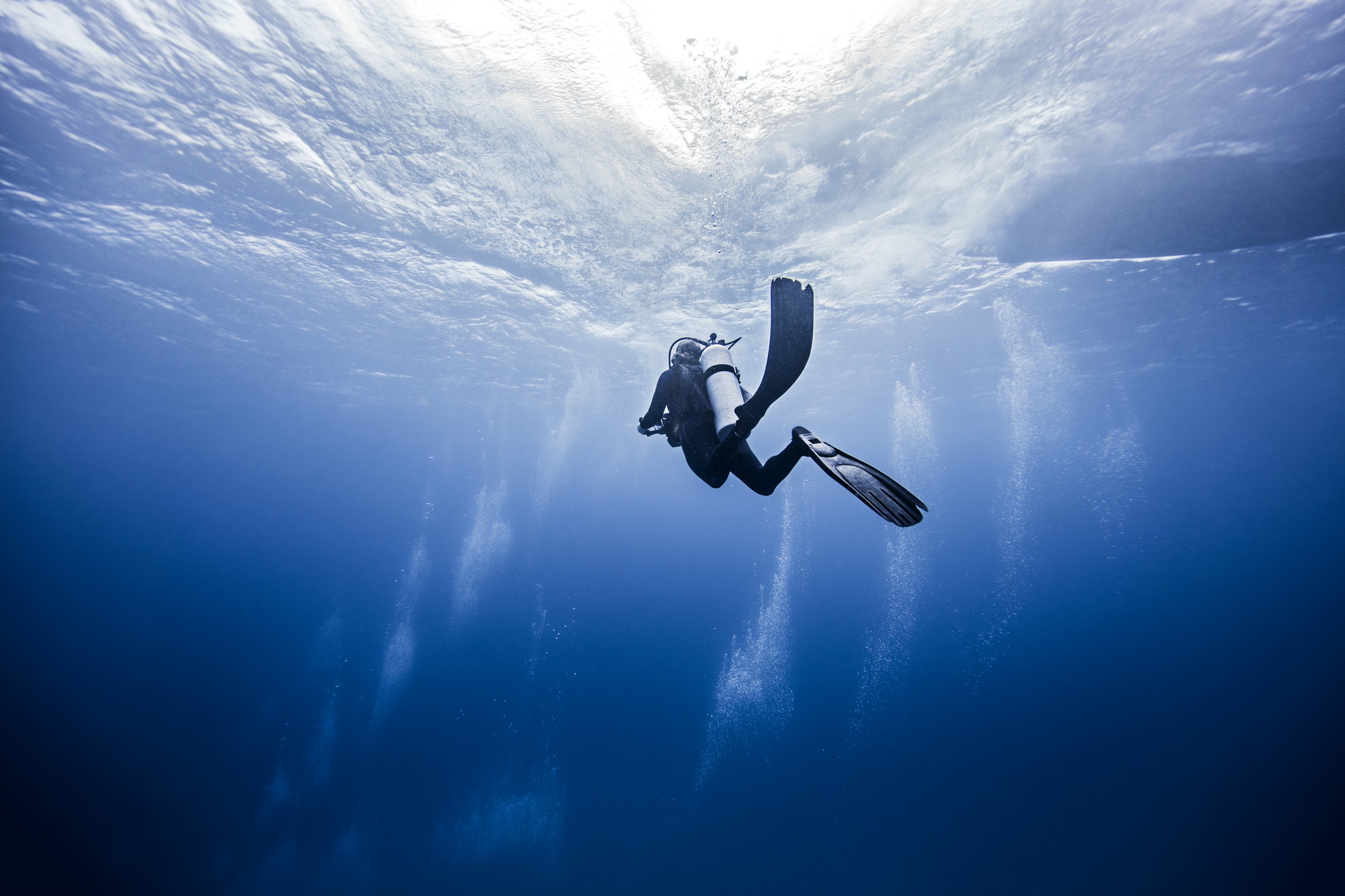Scuba Diving certification is an important aspect of diving. It’s a good idea to take a course before diving in the water. It can be quite expensive, though, because day trips are usually more expensive per dive than liveaboards. However, there are some medical conditions that divers shouldn’t risk. These include: hypoglycemia, diabetes, and high blood pressure. While scuba diving is considered a safe activity for many people, it’s not for everyone.
Scuba Diving emergencies are common and often life-threatening. A diver’s breathing gas supply can become compromised at any time. In an emergency, divers are taught to help each other out by donating their air. Some divers also carry an independent air supply. A loss of breathing gas is usually the cause of a controlled or uncontrolled emergency ascent. Other situations may lead to a loss of depth control or a medical emergency.
A diver’s air supply is the most common cause of an emergency underwater. In this situation, the diver is trained to donate breathing gas to other divers. Some divers also carry a separate independent air source. Almost always, a lack of breathing gas leads to an emergency ascent, while an uncontrolled ascent typically results from the failure of buoyancy control. Other types of emergencies may involve a failure of buoyancy control or a medical emergency.
The most common emergency during a Scuba dive involves a compromised breathing gas supply. Fortunately, scuba divers are trained to share air with other divers. This helps the diver breathe more comfortably at any depth. In an emergency, an independent air source may also be helpful. In an emergency, a diver can also be rescued from the water using a hand-held device called a regulator. The emergency response will vary depending on the nature of the problem, but the basic requirements are always the same.
Scuba divers can become site-mappers. They can map dive sites using their underwater camera. They need to be certified as a Divemaster or a certified diver. For these jobs, the person must be able to work with others. For example, they may help those who dive in remote areas. The training is necessary, but this is an optional career. For most people, scuba diving is a great way to see the world.
Scuba divers can also participate in mapping other people’s favorite dive sites. Although there are no formal certification requirements for site mapping, a few people enjoy collaborating with others and writing about their favorite dive locations. These people will need to get a waterproof housing for their cameras and publish the information. Despite the challenges of underwater videography, site mappers are always keen to learn more. They can contribute to Wikitravel by contributing to a project.
